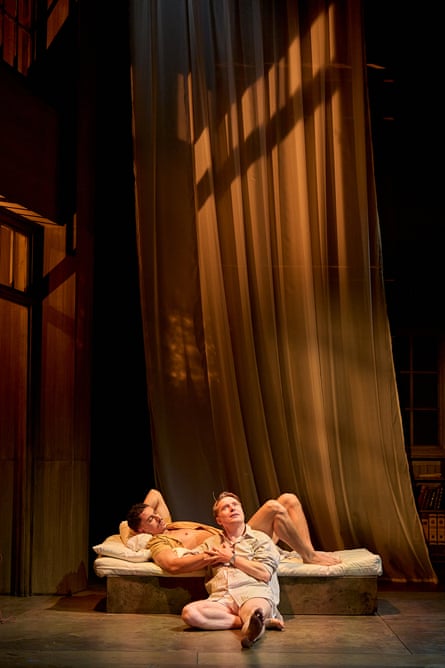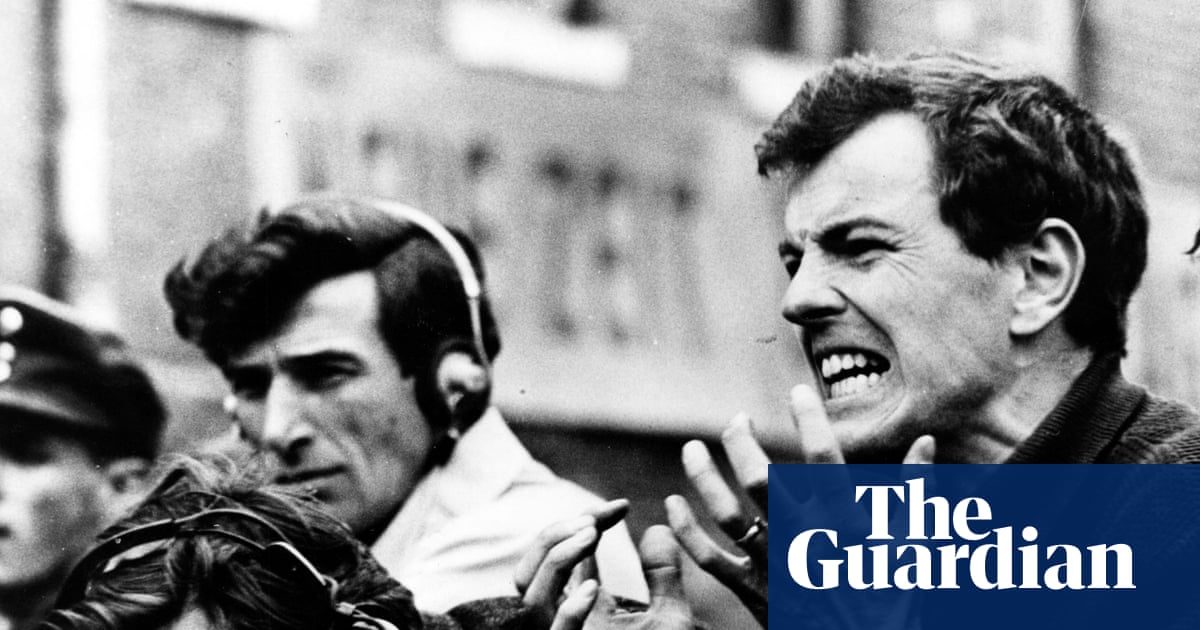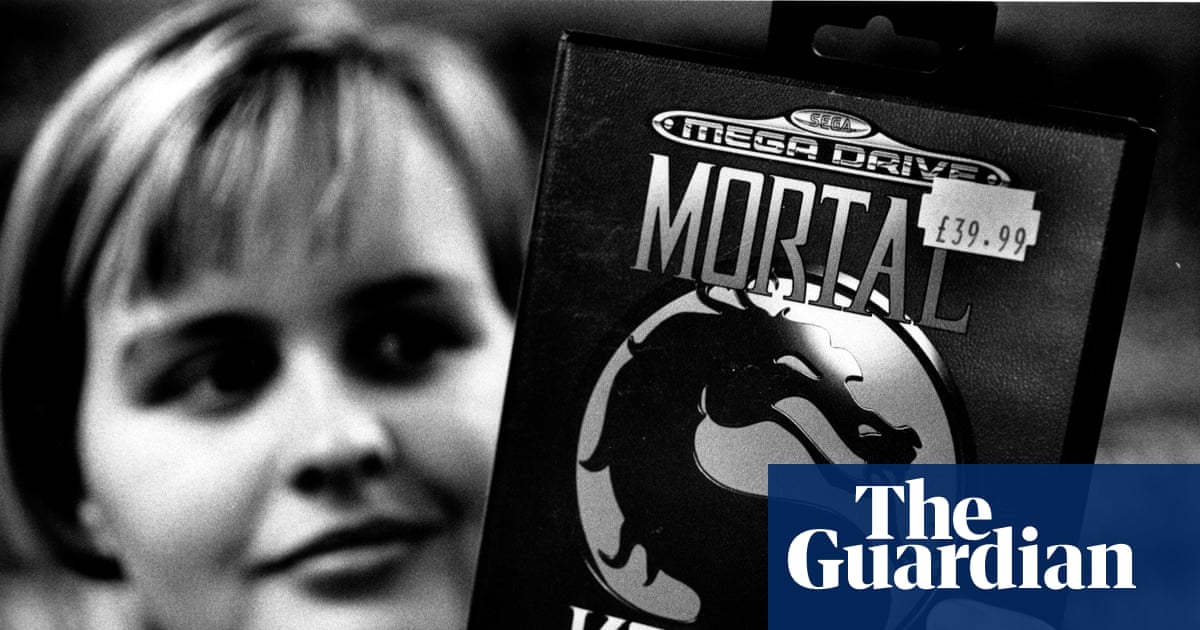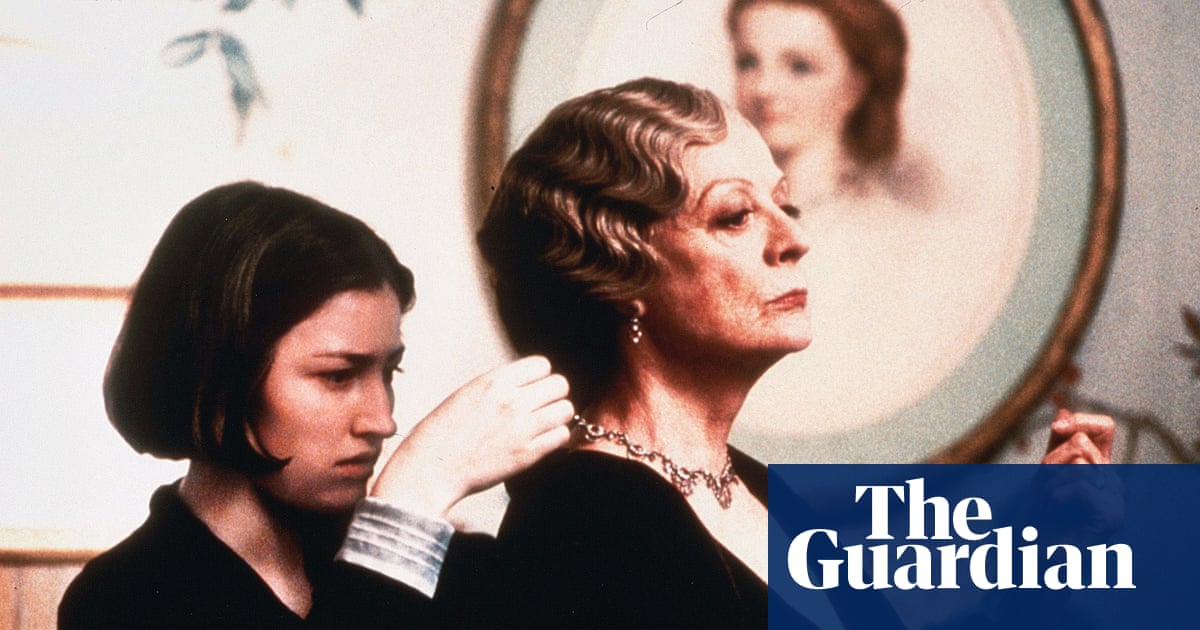When premiered in 1986, giving Derek Jacobi a key career role, Hugh Whitemore’s Breaking the Code was instrumental in spreading knowledge of the precocious brilliance of mathematician Alan Turing, whose brutal treatment by a homophobic and ungrateful state contributed to his suicide in 1954 aged 41.
Though drawing on Andrew Hodges’ 1983 biography, Alan Turing: The Enigma, Whitemore was ahead of several later plays and movies, including Benedict Cumberbatch in The Imitation Game (2014). So, for a long time, Whitemore and Jacobi’s portrayal of Turing formed his public image, which was inevitably tragic, given that he remained a convicted criminal for loving men and his theories had not yet been fully realised.

But Turing is now officially pardoned and features on a British banknote in a world that owes much to him for the evolutions in digital technology and now AI (in which Turing saw both the gains and dangers). So Jesse Jones’ smart revival offers a more redemptive portrait of a true genius who lived in an age that proved fatal to him.
Starting in a Northampton theatre 23 miles from Bletchley Park, where Turing saved British shipping by cracking German naval codes, this touring production will end in Manchester, where he died. It adds a new epilogue by Neil Bartlett, set in the present day at Sherborne School, Turing’s alma mater. The punchy, touching speech follows Ian McEwan’s 2019 novel Machines Like Me in finding a way to give Turing some degree of posthumous triumph over his destruction.
Most important to this Turing 2.0, though, is a superb performance by Mark Edel-Hunt. It is tempting to play Turing as if he always knew he was in a tragedy but, shown extracts out of context, an audience might think this were a comedy. Edel-Hunt also delivers long speeches of mathematical and computing exposition with immaculate clarity, exuberantly suggesting the humour and sensuality that Turing found in numbers and nature, his body and tongue tangibly loosening when his great brain engages.
Acting of matching quality comes from Peter Hamilton Dyer as Dillwyn Knox, the cryptographer who recruited Turing to Bletchley; the men’s enthralling dialogues about reality and pretence are, as often in Whitemore’s writing, only fully understood in retrospect through later data. Carla Harrison-Hodge as Pat Green, a Bletchley colleague on whom Turing’s mother hopes he is sweet, radiates braininess and the pain caused to her by the play’s sub-theme of humans being harder to read than machines. Joe Usher, as two of Turing’s love interests, is especially impressive in a brilliant scene in Greece where a language barrier allows Turing to spill his secrets without truly doing so. Joseph Edwards does a nice double as a Sherborne student in the 1920s and 2020s. This is not just a revival but a fascinating reboot.

.png) 1 month ago
41
1 month ago
41

















































